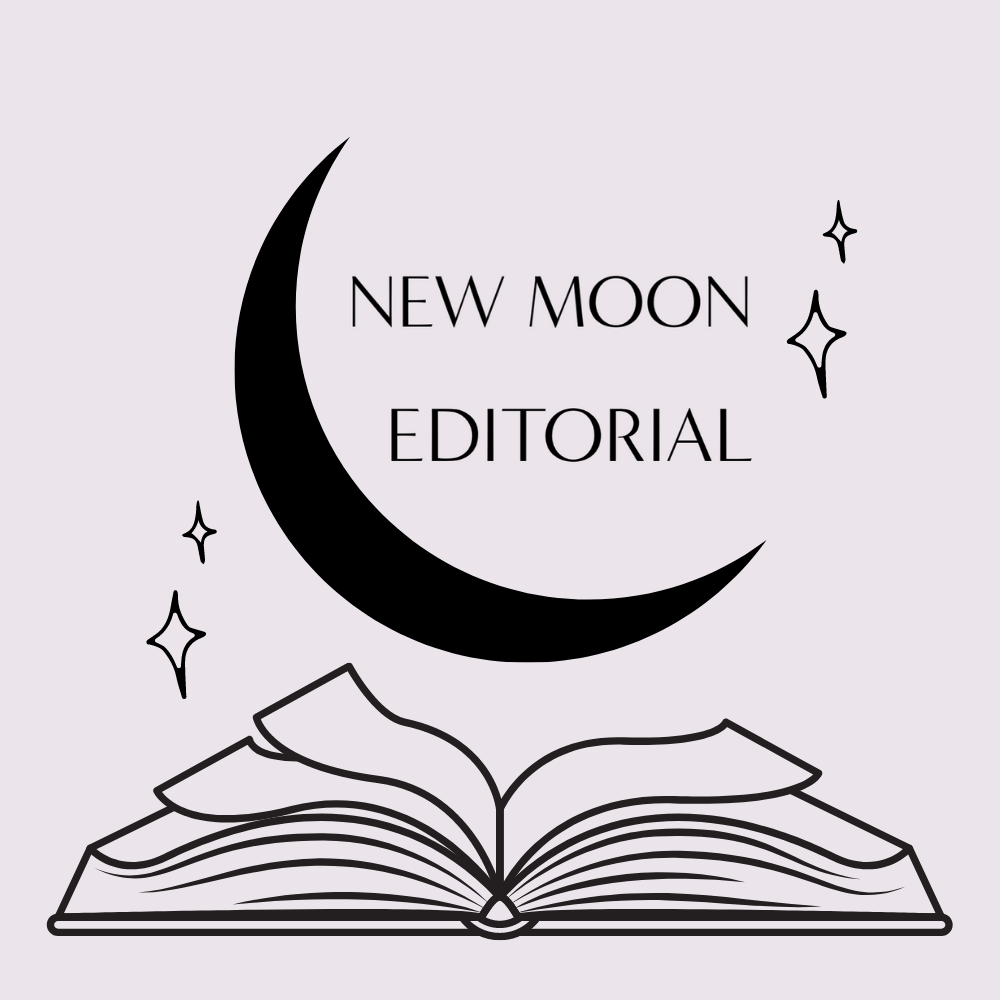The secret art of querying agents
You've poured your heart and soul into your manuscript. You’ve worked with an editor (perhaps with me!), meticulously crafting each word, each scene, until it has reached its greatest potential. You're ready to share your story with the world—but where do you start? For some, the next step is self-publishing But for many of my first-time authors, the next step in their journey begins with finding a literary agent.
Securing representation from a literary agent is a crucial step toward getting your book published traditionally. Agents act as intermediaries between authors and publishers, advocating for their clients' work and negotiating contracts on their behalf. But how exactly does one go about finding and querying an agent? Let's break it down.
Research, Research, Research: Before you start querying agents, it's essential to research and compile a list of potential candidates. Look for agents who represent books in your genre and have a track record of success. How? Look in the back of your favorite book and you’ll find the “Acknowledgements” page. 10 times out of 10, an author will thank their agent. It’s sometimes even the first name they’ll list. You want to find an agent who likes the same kind of books as yours, so look in the back of popular books in your genre. Get a subscription to Publishers Marketplace and look at the top dealmakers every week. Resources like the Writer's Market, Manuscript Wish List, and literary agency websites can help you identify agents who might be a good fit for your work.
Polish Your Query Letter: Your query letter is your first impression on an agent, so make it count. Keep it concise, professional, and engaging. Introduce yourself briefly, provide a brief synopsis of your book, and explain why you're querying that particular agent. Personalize each query letter to demonstrate that you've done your homework and are genuinely interested in working with them. If you sign on for a query consult with me, I’ll make sure your letter hits all the right notes at all the right times. In my mind, the query letter is not something to be taken lightly, even if it’s the shortest thing you’ve written in ages (I’m looking at you, high fantasy novelists…). There are a lot of samples out there and I’m honestly not sure why—because they’re really not going to grab an agent’s attention. I’d really recommend working with an editor to hone your query letter. If this is not accessible to you at the moment, I often recommend a fantastic podcast to authors, created by the British literary agency PS Literary, called The Sh*t No One Tells You About Writing. At the beginning of each episode, they’ll read two query letters outlaid that they’ve received—and critique them. This can give you a ton of perspective on what an agent is looking for in your letter.
Follow Submission Guidelines: Agents receive countless queries every day, so it's crucial to follow their submission guidelines to the letter. Whether they ask for a certain format, specific word count, or sample pages, adhere to their instructions meticulously. Failure to do so could result in your query being dismissed without consideration.
Be Patient and Persistent: The querying process can be slow and often filled with rejection. It's essential to maintain realistic expectations and understand that rejection is a natural part of the journey. Keep refining your query letter and manuscript based on consistent feedback (if you’re getting conflicting feedback, I’d consult with an editor before moving forward), and don't be afraid to revise your approach if something isn't working. Persistence is key.
Consider Feedback: If you receive personalized feedback from agents who pass on your manuscript, consider it carefully. While rejection can sting, constructive criticism can be invaluable in improving your work. Use it as an opportunity to learn and grow as a writer. Again, look for themes that emerge in the critique. If every editor has the same issue with the manuscript, I’d focus on that in your revision. If every agent has a different issue with the manuscript, I’d really consider working with an editor so that you don’t head in the wrong direction.
Celebrate Successes (Big and Small): Landing a literary agent can feel like a monumental achievement, but don't forget to celebrate the smaller victories along the way. Whether it's a personalized rejection letter, a request for more material, or positive feedback from beta readers, each step forward is worth acknowledging and celebrating.
Prepare for the Next Steps: Once you've secured representation, your agent will work with you to refine your manuscript further, pitch it to publishers, and negotiate contracts. While finding an agent is a significant milestone, it's just the beginning of your publishing journey. Stay engaged, stay patient, and keep moving forward.
Remember that every successful author was once in your shoes, navigating the same uncertain waters. Keep honing your craft, keep pushing forward, and never lose sight of your passion for storytelling. Remember: we do not miss what is meant for us. But we want to be ready for it when it comes along.
#querying #bookpublishing #editor #bookeditor #literaryagent #writers
